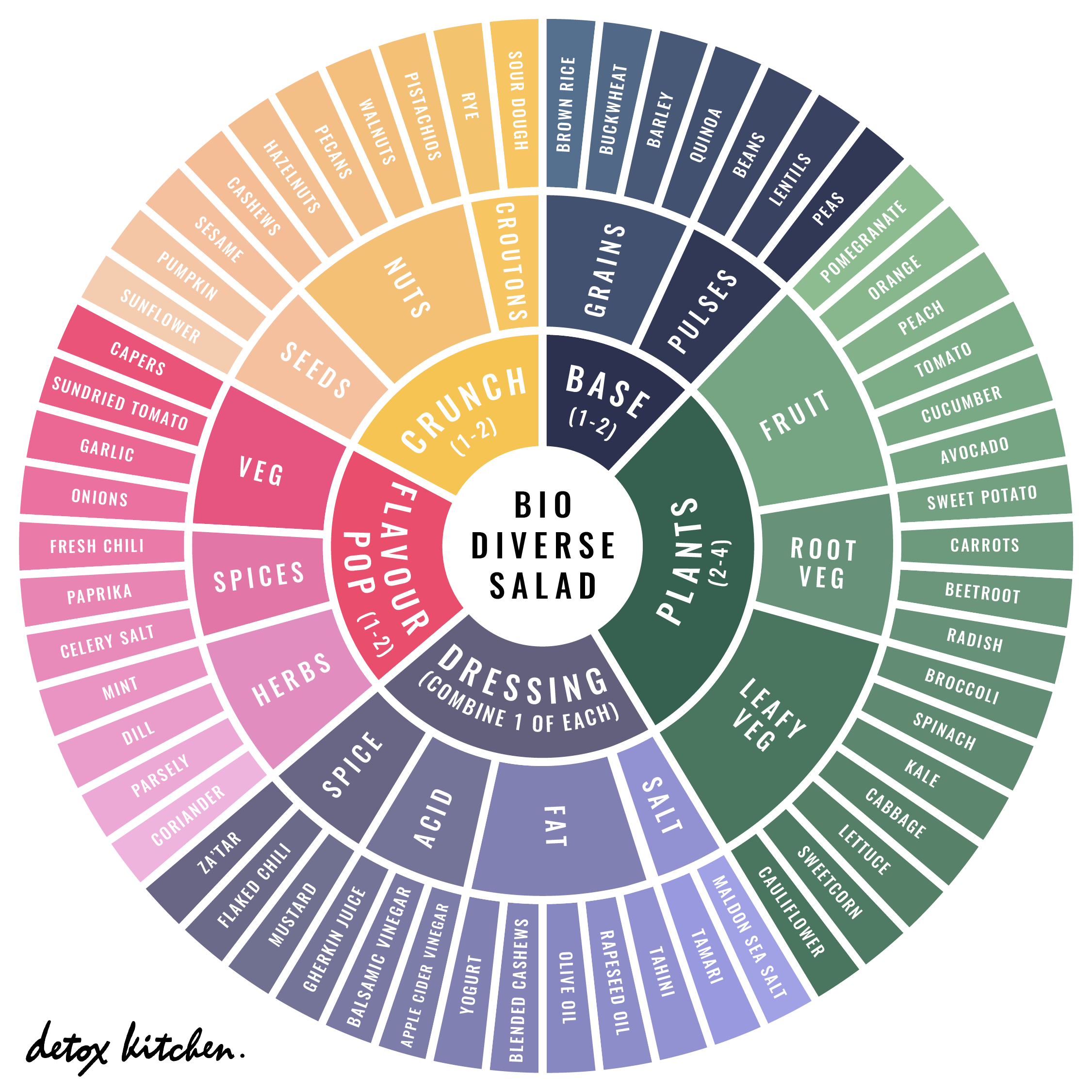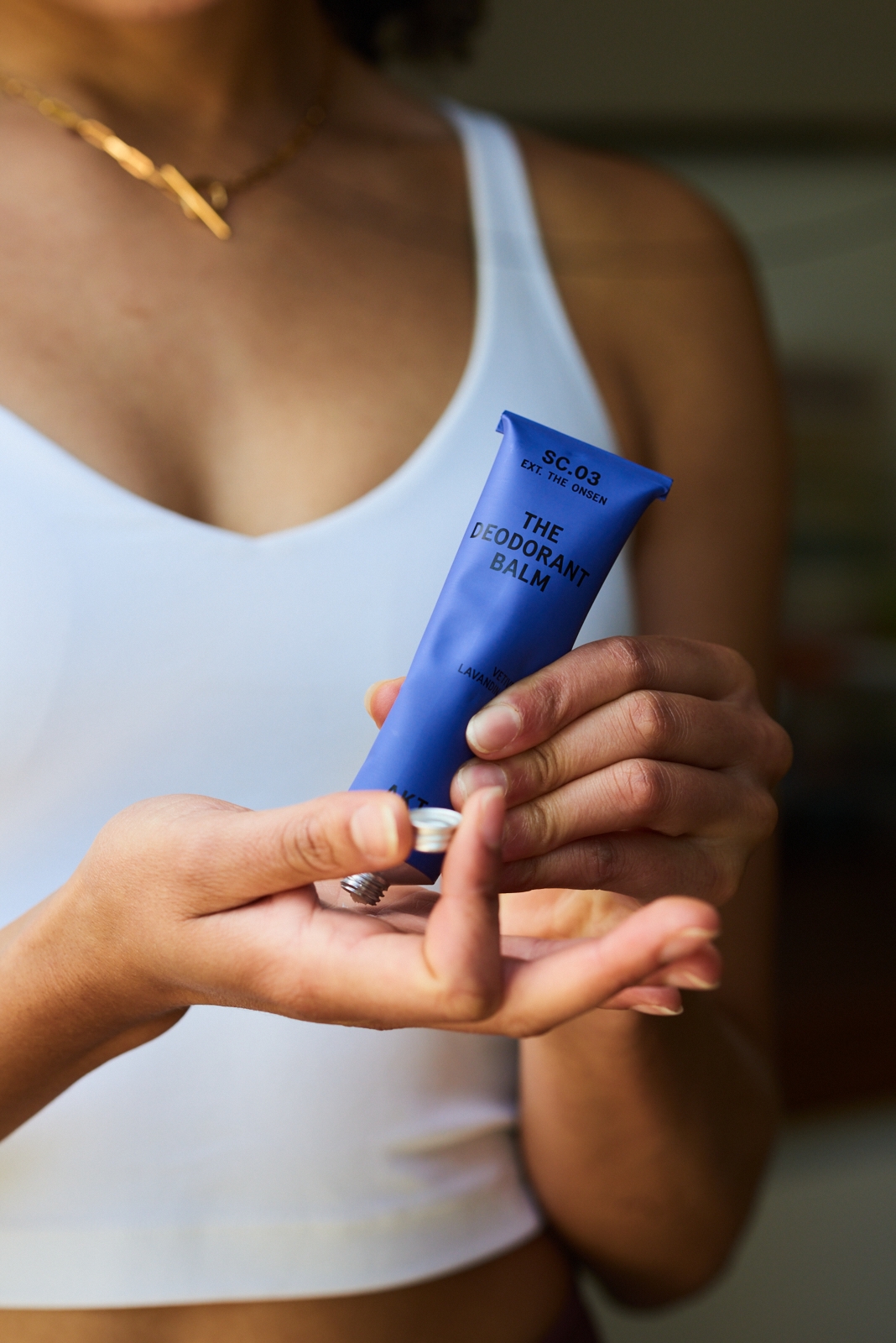27 Feb, 2014
Inside Scoop: Andy Puddicombe
We had the pleasure of talking to Andy Puddicombe, Founder of Headspace on how he got started and the importance of an everyday meditation practice.
LifestyleDetox Kitchen believe in the power and benefits of meditation but at the same time we're realistic about the time we have within our busy schedules to fit in worthwhile practice time. Andy and his business Headspace, is the solution to our problem, leaving us with no excuses to be mindful….
Headspace is a project designed to demystify meditation. Its simple, scientifically proven techniques are easy-to-learn, fun-to-do and can be used every day to experience a healthier and happier mind. Plus it’s available, anytime, anywhere with the free Headspace App for both iPhone and Android.
When did you start meditating and what was it that eventually led to the creation of Headspace?
My mother introduced me to meditation when I was 11 years old. She was doing a beginner’s course and I went along to join her one day with my sister. It wasn’t until a few years later that I took it up more seriously when I travelled to Asia to become a Buddhist monk. I went away because I wanted to better understand how to stop the endless chatter inside my head and I felt I wasn’t getting that through normal education.
Having trained as a monk and started to teach meditation to others, I was then keen to find a way to demystify meditation and make it available to a wider audience. When I came back to the UK, I wanted to show people that meditation wasn’t all about sitting in the lotus position whilst chanting. I wanted to make it accessible, relevant and beneficial for as many people as possible.
Headspace came about during my time working as a meditation consultant in London. Rich (the co-founder of Headspace) came to my clinic one day to learn meditation. He was working in advertising and seeking some relief from the bustle of the media world. We hit it off immediately and started organising monthly events in London to teach mindfulness techniques to people. Things just developed from there really. We found there was a lot of demand from people attending the sessions who wanted to share the techniques with their friends. Creating a mobile app seemed like the best way to facilitate this. Headspace has grown from there. We now have 40 people working between our offices in Los Angeles and London, and the app has been downloaded over a million times.
What simple techniques would you advise someone who works long hours in a deadline driven corporate environment on how to balance meditation within their busy lives?
I think the most important thing for anyone is to try and find the time, and try to make it part of your routine. The great thing about Take 10 (the free introductory meditation course from Headspace), is that it takes up less than 1% of the day. Being available on an app means that you can practice anywhere, from your desk at work, to the bus on the way home – and it only takes 10 minutes a day. I personally prefer to meditate first thing in the morning. It just sets you up nicely and ensures you can get all the benefits through the rest of the day.
Are there certain types of people who are initially resistant to mindfulness and meditation?
Like any skill, some people will relate to meditation a little bit quicker than others, some people will get comfortable with it a little bit quicker than others. But I think it’s more to do with expectations. If we are perfectionists and we have a very definite idea of the experience we want to achieve in meditation, then as a general rule, it’s gonna be quite difficult and uncomfortable, because we’re projecting our idea onto the experience, instead of witnessing what is happening. So that tends to be most difficult for those people, but that is the process itself, the process of letting go, recognizing that tendency that we have. So, even if we find it difficult at first, there’s a moment when the penny drops. For some people that’s day one, for some is day six, for some it might be day fifteen or day twenty, but there is always that moment when the penny drops and they go ‘ah, OK, so that’s what meditation is about’. It always happens.
There are so many benefits of mindfulness, from reducing stress and anxiety through to improving sleep and our relationships. We’re actually now working with a lot of large corporations who are actively encouraging their employees to practise meditation during the working day.
What are the biggest changes that you've seen in your life since being mindful?
On a daily basis just a greater sense of calm and acceptance. With just a little practice come other benefits such as greater clarity, increased emotional stability, improved attention, concentration and memory, as well as an overall reduction in a wide variety of stress-related illness. Practising meditation really does impact on every aspect of your life.
I think after training in meditation for a long period of time there is always a bit more stability to the mind, but I still value that time out very much. And needless to say, I am still learning. The journey of meditation is one of a lifetime.
Do you find maintaining a healthy, fit body through diet and exercise just as important as exercising the mind?
Most definitely. Keeping yourself physically healthy is just as important as mentally. Living in LA helps with leading a healthy lifestyle. I go surfing pretty much every morning and am really into juicing too.
Sign up to Headspace's free Take10 programme to get started, and learn how to treat your head right in just 10 minutes a day.
"I was inspired by Andy's ability to demystify meditation." -- Gwyneth Paltrow



